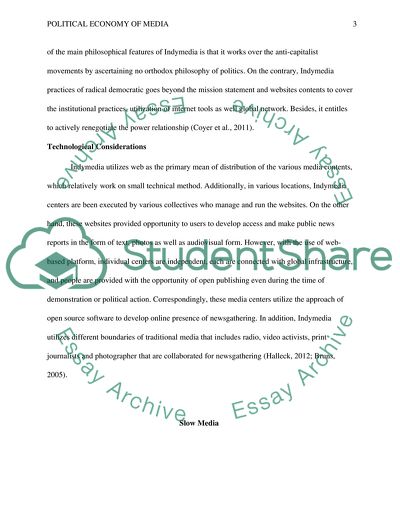Cite this document
(Political Economy of Media Essay Example | Topics and Well Written Essays - 2250 words, n.d.)
Political Economy of Media Essay Example | Topics and Well Written Essays - 2250 words. https://studentshare.org/journalism-communication/1869484-political-economy-of-media
Political Economy of Media Essay Example | Topics and Well Written Essays - 2250 words. https://studentshare.org/journalism-communication/1869484-political-economy-of-media
(Political Economy of Media Essay Example | Topics and Well Written Essays - 2250 Words)
Political Economy of Media Essay Example | Topics and Well Written Essays - 2250 Words. https://studentshare.org/journalism-communication/1869484-political-economy-of-media.
Political Economy of Media Essay Example | Topics and Well Written Essays - 2250 Words. https://studentshare.org/journalism-communication/1869484-political-economy-of-media.
“Political Economy of Media Essay Example | Topics and Well Written Essays - 2250 Words”. https://studentshare.org/journalism-communication/1869484-political-economy-of-media.


